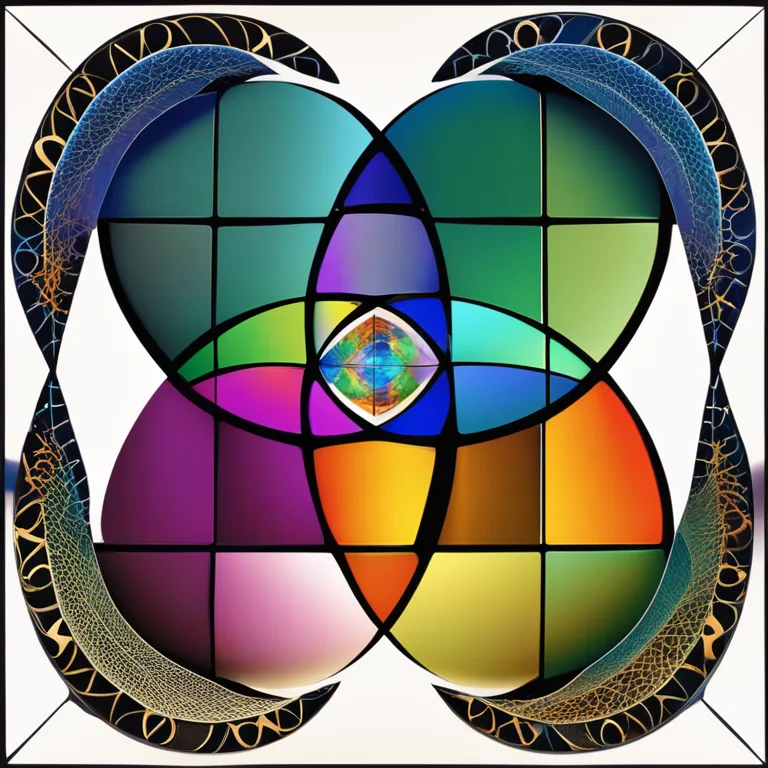
The Essence of Biorhythm: A Look into Biological Cycles
Delve into the concept of biorhythms to uncover the intriguing connection between our biological cycles and daily lives.
article by Adrian Wallace
Introduction to Biorhythms
In the realm of holistic wellness and personal insight, biorhythms emerge as a fascinating concept that captures the cyclic patterns within human biology. Originating from the theory that our lives are influenced by natural rhythmic cycles, biorhythms are thought to affect various aspects of our physical, emotional, and intellectual well-being. By charting these cycles, individuals might gain insights into their personal patterns, potentially leading to optimized decision-making and improved life quality.

Discovering the Three Core Cycles
Biorhythm theory breaks down into three fundamental cycles: the physical, emotional, and intellectual. The physical cycle, taking 23 days to complete, is said to influence our strength, endurance, and overall vitality. The emotional cycle, with its 28-day span, purportedly affects our mood, creativity, and perception of the world. Rounding off the trio, the intellectual cycle, completing its loop in 33 days, is believed to sway our analytic abilities, memory, and communication skills.

The History and Evolution of Biorhythm Theory
The concept of biorhythms dates back to the late 19th century, credited largely to Dr. Wilhelm Fliess, a close colleague of Sigmund Freud. While initially dismissed by the scientific community, the popularity of biorhythms surged in the 1970s with the advent of biorhythm calculators. In 2024, with advancements in personal health technology, the interest in biorhythms has seen a modern revival, integrating with apps and wearables for more personalized tracking and analysis.

Calculating and Interpreting Your Biorhythms
Determining one's biorhythms involves calculating the cycles from the date of birth. This personalized approach asserts that individuals can plan and predict optimal days for specific activities. However, it's important to note that many scientists regard biorhythm theory as pseudoscience due to a lack of empirical evidence. Despite this, proponents argue that subjective experiences and personal testimonies offer a different kind of validation for the theory's practical applications.

Biorhythms in Daily Life
Advocates of biorhythm theory purport that by being aware of these biological clocks, one can better navigate life's ups and downs. For instance, knowledge of one's emotional cycle might prompt a more mindful approach to interpersonal relationships during perceived low phases. Similarly, understanding intellectual rhythms can guide individuals to choose the most opportune moments for learning or problem-solving activities.
The Broader Implications of Biorhythms
Beyond personal insight, the study of biorhythms has piqued interest in various fields, including career planning, sports training, and even financial investment. By aligning activities with favorable biorhythm timings, individuals and professionals alike aim to harness potential peak performances. As technology evolves to provide more nuanced data, the implications for tailored approaches to biorhythm-based practices only expand.
Published: 12/28/2023
Modified: 12/28/2023
More predictions
Come back here soon to learn more about yourself and your future


Biorhythm Insights: Patterns of Life's Peaks and Valleys
Discover the intriguing concept of biorhythms and see practical examples of how these physiological cycles might influence our daily lives.


Biorhythm Love Compatibility Calculator: A Guide
Discover the secret to harmonious relationships with our Biorhythm Love Compatibility Calculator. Unlock the potential of emotional, physical, and intellectual synch.


The Accuracy of Biorhythms: A Myth or Science?
Delve into the debate on the accuracy of biorhythms and discover whether they hold any scientific validity.